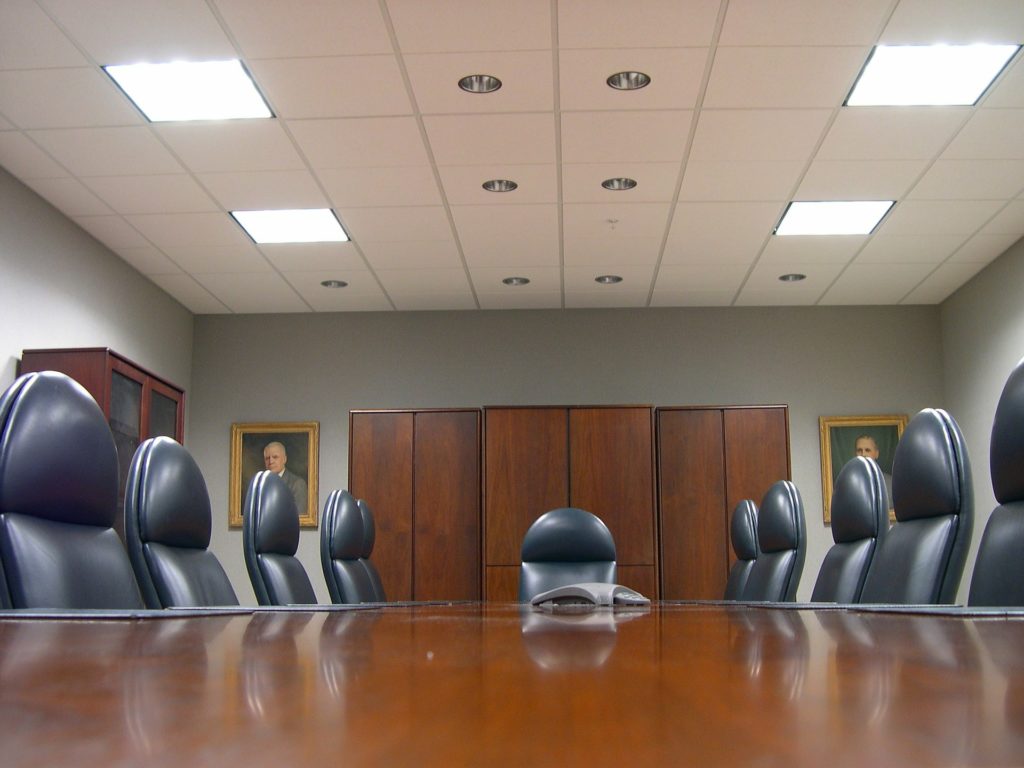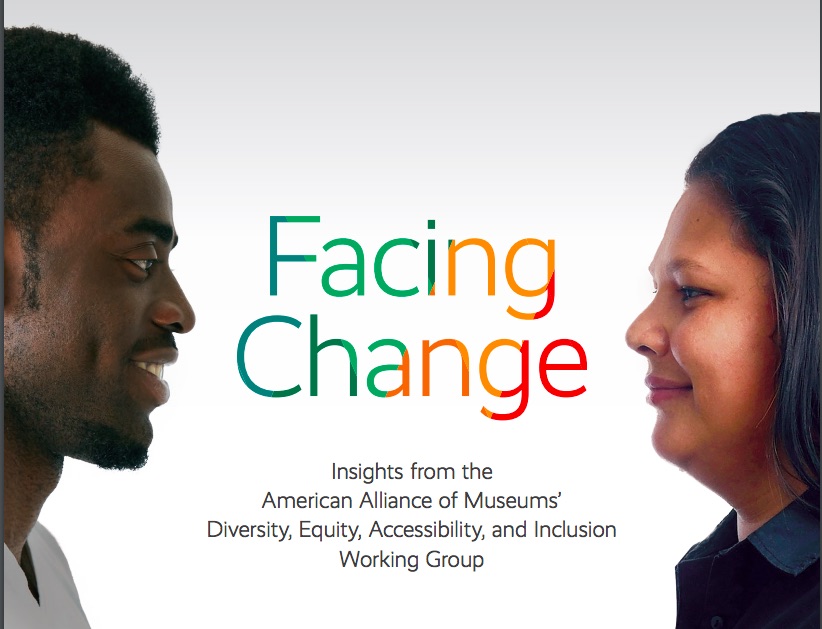Art World
Museum Boards Have Struggled to Diversify. A $4 Million Gift to the American Alliance of Museums Aims to Help
An unprecedented gift aims to promote systemic change.

An unprecedented gift aims to promote systemic change.

Eileen Kinsella

According to a survey released in 2017, nearly half of museum boards are entirely white. Now, a $4 million gift from the Andrew W. Mellon Foundation, the Alice L. Walton Foundation, and the Ford Foundation aims to change that.
The American Alliance of Museums (AAM) has received the grant, described as largest in its 113-year history, to support “diversity, equity, accessibility, and inclusion” at US museums, with a special focus on diversifying museum boards. The $4 million will be apportioned over the course of three years.
The challenge is daunting: While 77 percent of museum directors believe that expanding the racial and ethnic diversity of their boards is important to advancing their mission, according to the 2017 study from AAM and advisory firm BoardSource, only ten percent of museum boards have developed a concrete plan to become more inclusive.
“Museum trustees and leaders can and must do more,” said Laura Lott, president and CEO of AAM.
Without change at the top, progress will likely remain slow. “The tone of an institution, the priorities for each museum, the budgets, they’re all established at the board level,” Lott told Inside Philanthropy. “Without that strong understanding and solid commitment by the board, this kind of work ends up being nice to have instead of need to have.”

Courtesy Alliance of American Museums
The AAM’s goal is to provide the framework, training, and resources for museum leaders to build inclusive cultures within their institutions in order to more accurately reflect the communities they serve, according to a statement.
Components of the planned program include the establishment of field-wide standards and programs; training in how to recognize and address implicit bias; support for the development of inclusion plans at 50 museums in five to-be-selected cities across the US; and an online resource center for museum trustees.
Another key component is a board-matching service (like a matchmaking service, but for museum boards) that will identify strong and diverse board candidates, offer them training, and connect them with like-minded institutions seeking new members.
“Arts institutions are most effective when they build relationships with the local community that anchors them as well as the global communities that visit them,” said Alice Walton, the Walmart heiress and founder of the Walton Foundation and the Crystal Bridges Museum of American Art in Bentonville, Arkansas.
The project is a corollary to the foundations’ earlier efforts to diversify museum leadership. In 2017, the Ford Foundation and the Walton Family Foundation launched a grant program that provides $3 million to 22 institutions across the US, with the goal of filling 30 percent of mid- and senior-level curatorial and management positions at US art museums with staffers from historically under-represented populations by 2025.